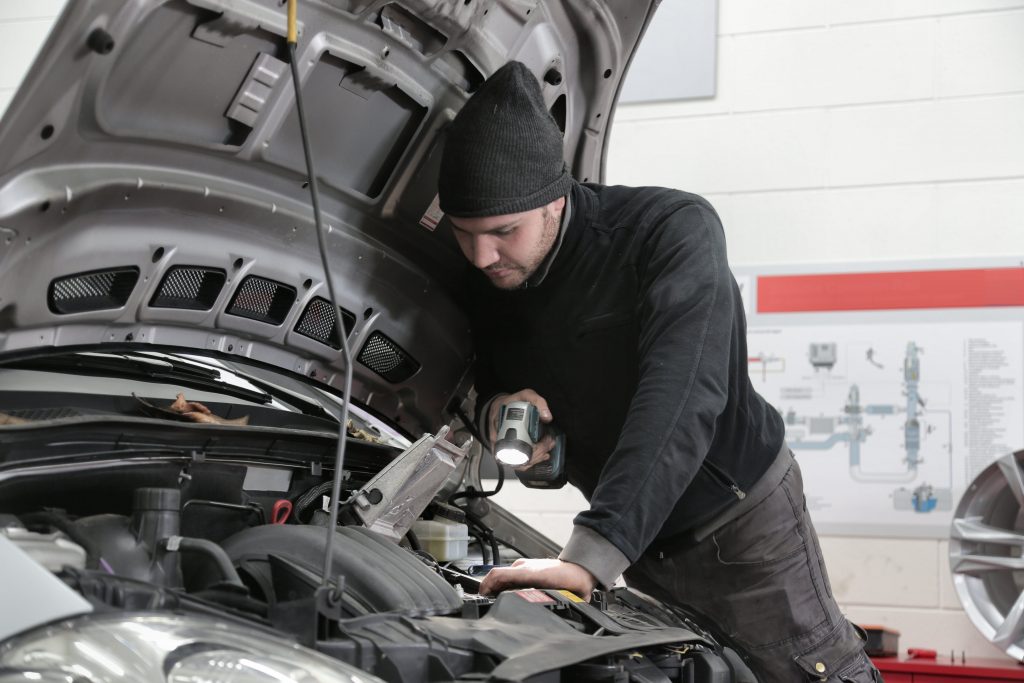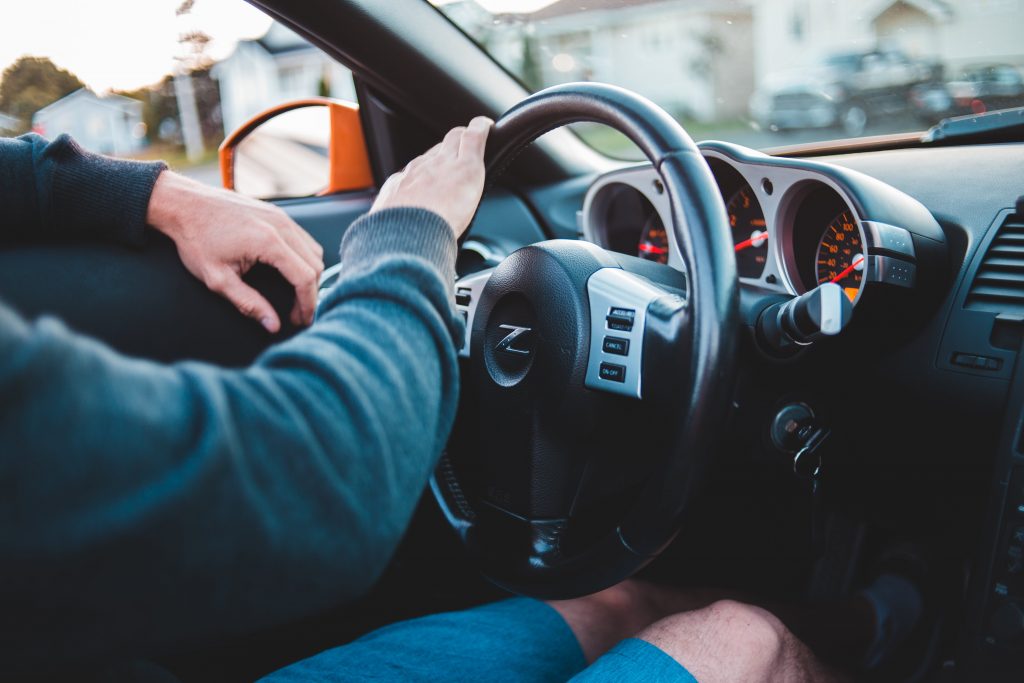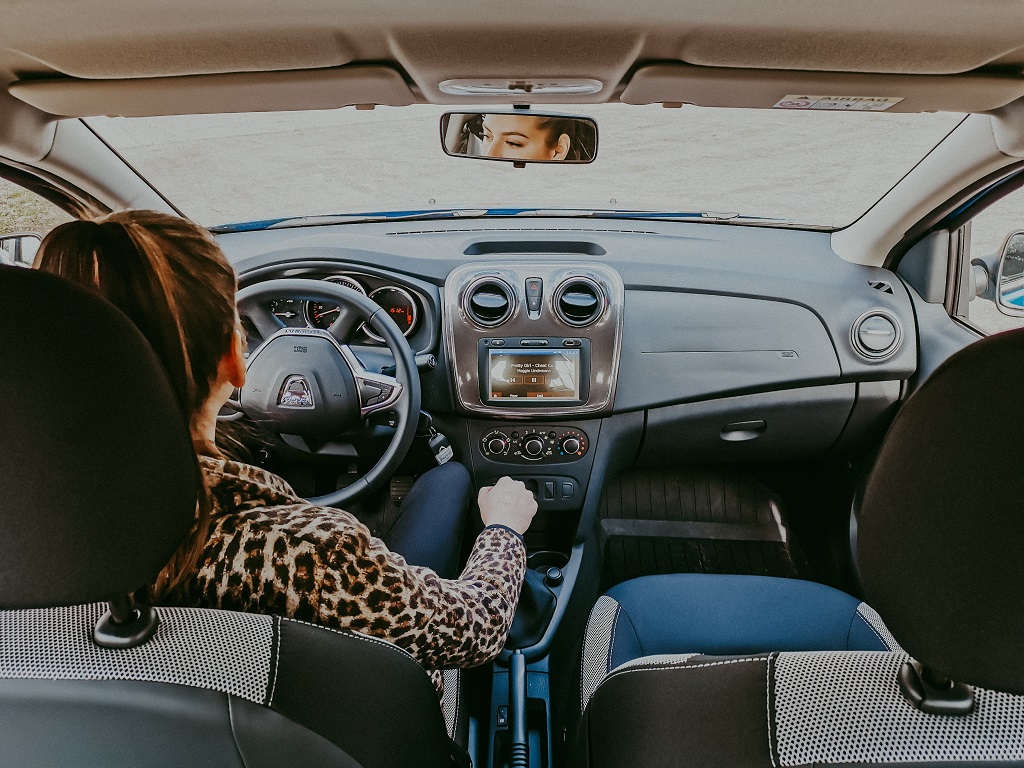
- Regular maintenance and timely repairs are crucial to having a safe, reliable vehicle and practicing responsible car ownership.
- Safe and defensive driving protects you and contributes to the safety of others on the road.
- A comprehensive auto insurance policy from a reputable non-life insurer is crucial to responsible car ownership.
- Responsible car ownership involves mindful vehicle maintenance, safe driving habits, and obtaining adequate insurance coverage.
Owning a car benefits families, extending far beyond mere convenience. It offers unparalleled flexibility, particularly for those with young children or elderly family members, enabling them to attend appointments, school events, or social gatherings quickly. According to a study by the Bureau of Transportation Statistics, 91% of U.S. households have at least one car, underscoring its essential role in family life. A car significantly reduces travel time as compared to public transport. A survey from the American Automobile Association, Inc. (AAA) points out that users of private vehicles reach their destinations 20-30% faster than those relying on public transportation. Furthermore, personal vehicles offer a safer travel alternative during the pandemic by limiting exposure to others.
However, ensuring you do your part as a responsible car owner can be challenging. At the heart of this responsibility is taking proactive steps to ensure you have a safe and reliable vehicle for yourself, your family, and others on the road. Here are a few tips for making responsible car ownership more accessible.
Maintenance and Repairs

Regular maintenance and timely repairs are crucial aspects of responsible car ownership. Understanding the basics of car maintenance can help prevent costly repairs down the line and ensure your vehicle runs smoothly for years. Here, we break down some of the most critical maintenance tasks every car owner should know:
Regular Oil Changes
Regular oil changes are vital for the overall health of your vehicle. It lubricates, cools, and cleans the engine, reducing friction and preventing overheating. Most manufacturers recommend changing the oil and oil filter every 5,000 to 7,500 miles, which can vary depending on the car model and driving conditions.
Tire Checks and Maintenance
Tire pressure and tread depth should be checked regularly. Inadequate tire pressure can lead to uneven tire wear, reduced fuel efficiency, or even a blowout. A tire’s tread depth is essential, providing traction and preventing skidding on wet roads. Regular tire rotations can help ensure even tire wear and extend the lifespan of your tires.
Battery Maintenance
Regularly inspecting your car battery and keeping it clean can help prevent many common car problems. Corrosion on the battery terminals can lead to a weak or failing battery. Most car batteries last 3-5 years, but extreme temperatures can shorten their lifespan.
Brake Inspections
Brake inspections should be part of your regular car maintenance routine. Brakes are one of your vehicle’s most critical safety features, and their failure could lead to a severe accident. Regular check-ups can help spot issues such as worn brake pads or low brake fluid before they become a problem.
All these seemingly simple tasks go a long way to ensuring that your vehicle remains a reliable and safe mode of transport. Knowledge is power, and understanding your vehicle’s maintenance needs contributes significantly to responsible car ownership.
Practice Safety Driving

Safety on the road is a crucial aspect of responsible car ownership. Learning safe driving habits protects you and contributes to the safety of other motorists, pedestrians, and the environment. By practicing defensive driving, you can reduce the risk of accidents and increase your confidence on the road.
Defensive driving involves being aware of your surroundings, anticipating potential hazards, and reacting accordingly. This proactive approach helps you stay safe even in adverse conditions or with unpredictable drivers. According to the National Safety Council, defensive driving can significantly decrease the chance of collisions, injury, or property damage.
Here are some strategies to consider:
- Stay Alert: Always pay attention to the road and other drivers. Avoid distractions such as mobile phones, eating, or loud music.
- Follow Traffic Rules: Abide by traffic laws and signals. Speed limits, stop signs, and other rules are there to keep everyone safe.
- Maintain a Safe Distance: Keep a safe distance from other vehicles, particularly in inclement weather or heavy traffic, to provide enough time to react if necessary.
- Use Indicators: Always use your blinkers to signal your intentions to other drivers. This helps prevent misunderstandings and accidents.
- Regularly Check Mirrors: Regularly check your mirrors to be aware of what’s happening around your vehicle.
- Don’t Drink and Drive: Never operate a vehicle under the influence of alcohol or drugs. This is one of the most essential rules of safe driving.
By practicing these strategies and continually learning about safe driving, you can contribute to safer roadways for everyone. Remember, being a responsible car owner extends beyond your vehicle’s upkeep—it’s also about how you operate it on the road.
Getting Auto Insurance
Investing in a comprehensive auto insurance policy is a critical component of responsible car ownership. Auto insurance is your financial safety net, protecting you from significant financial loss in the unfortunate event of an accident or theft. Without it, you’re potentially exposing yourself to substantial monetary risks, including the cost of vehicle repairs, medical expenses, and legal fees if you’re held accountable for a collision.
Choosing a reputable non-life insurer with auto insurance can also provide peace of mind, knowing you’re covered in unforeseen events. Your policy can cover a broad spectrum of risks, such as bodily injury, property damage, collision, comprehensive damage, and uninsured/underinsured motorist coverage.
Moreover, having auto insurance is not just a responsible move but also a legal requirement in many states. In extreme cases, driving without insurance can result in hefty fines, suspension of your driver’s license, or even jail time. Hence, acquiring auto insurance is a non-negotiable part of being a responsible car owner — it protects you, your vehicle, and others on the road.
Final Thoughts
Being a responsible car owner is about being mindful of your vehicle’s maintenance needs, safe driving habits, and adequate protection. Taking the initiative to stay informed and up-to-date on these topics can not only help prolong the lifespan of your vehicle but also keep you and your family safe.



